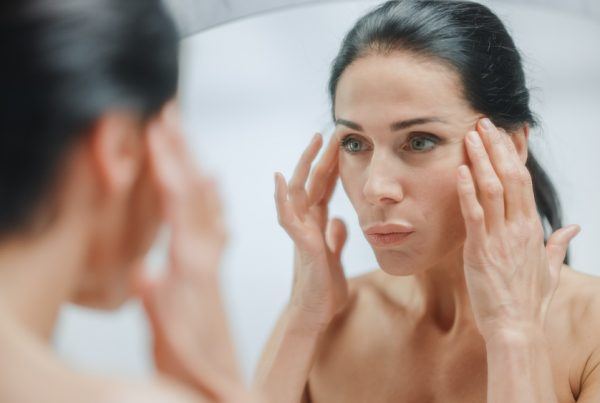January is always the start of something new, with everyone making resolutions about how they’re going to live a much healthier year. A common theme during January is abstinence from alcohol, which usually comes as a result of an alcohol-laden festive season.
As a result, more and more people are undertaking Dry January. Now we know that abstaining from alcohol can do wonders for your health, but could it also be the boost that your skin needs for the year ahead?
What does alcohol do to the skin?
“Alcohol misuse can present with jaundice, pruritus, pigmentary alterations, urticaria, hair and nail changes, and oral changes. It is also a risk factor for skin cancer and infections.” – Neelesh P.JainMD, 2021
It dehydrates the skin
Alcohol is a diuretic, which means that it draws out water from the body, dehydrating your skin.
Dehydrated skin isn’t only uncomfortable, but it can also cause congestion, affect your skin’s ability to absorb products, and it can also make signs of aging look more pronounced.
It can worsen rosacea
It can cause inflammation
Inflammation can speed up the aging process, but that’s not the only way it affects the skin. It can also lead to breakouts, flare-ups, and dehydration.
![Acne [longevitylive]](https://longevitylive.com/wp-content/uploads/2019/06/acne-1606765_1920-jpg.webp)
How can Dry January help my skin?
It takes around 28 days for the skin to regenerate itself, therefore Dry January is the perfect opportunity for you to detox alcohol from your skin.
Dry January will help leave your skin healthier by reducing inflammation, alleviating dryness, and combating pronounced signs of aging.
Minimizing the effects of alcohol on your skin
Now, while Dry January is a great way to detox your body, it’s not necessarily a realistic concept for everyone. Therefore, if you are worried about the effects of alcohol on your skin, there are ways in which you can minimize the potential damage.
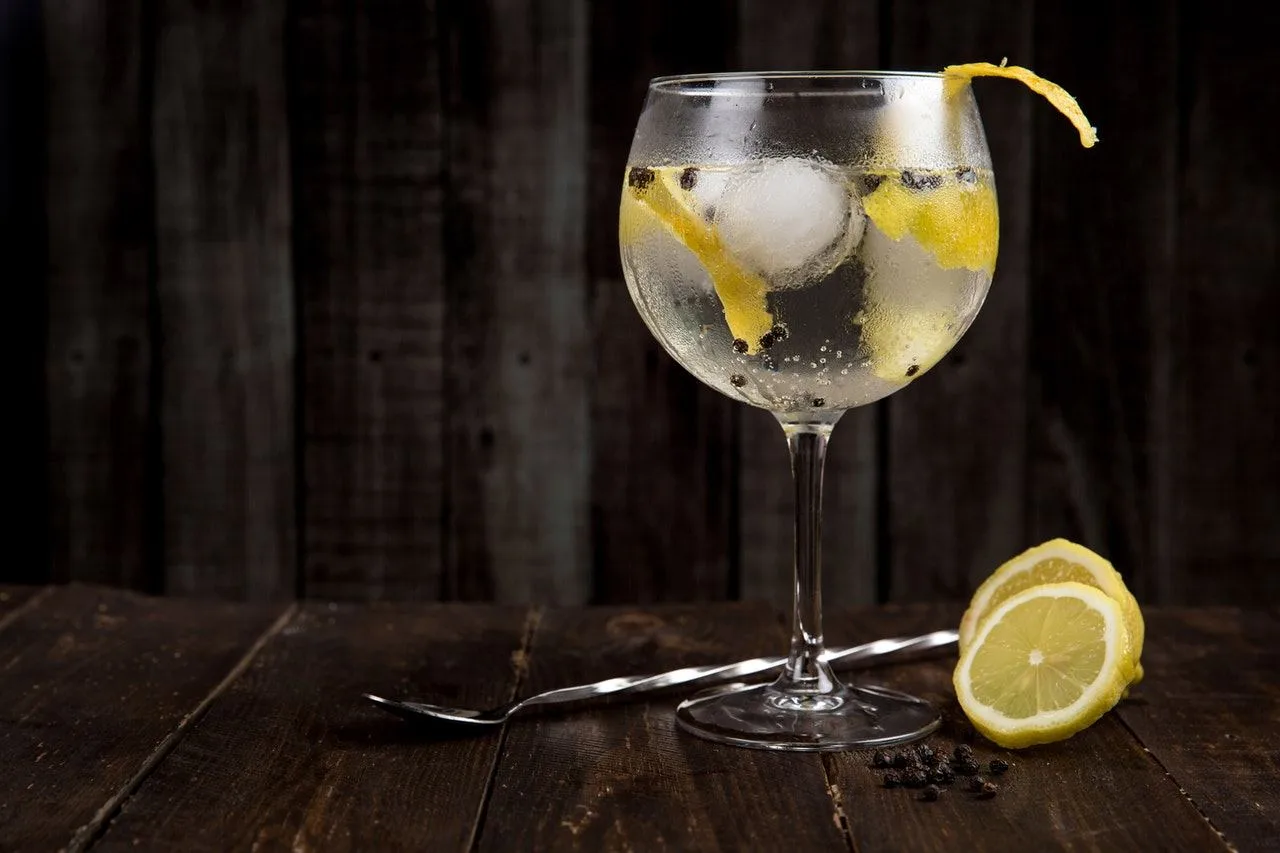
Photo by Toni Cuenca from Pexels
Choose clearer alcohol
According to studies, the clearer the alcohol, the less inflammatory it is to the body. So, alcohols like wine and whisky contain tannins that have more inflammatory properties, whereas clear liquors like vodka and tequila are free of these tannins and are also processed quicker in the body.
Additionally, it would be advisable to stay clear of drinks like cocktails as they are rich in sugar and this too can have a negative effect on the skin.
Stay hydrated
As mentioned, alcohol can dehydrate the skin so if you are going to be drinking, then it is advisable that you stay hydrated. This can be done by drinking a cup of water for every alcoholic beverage that you have.
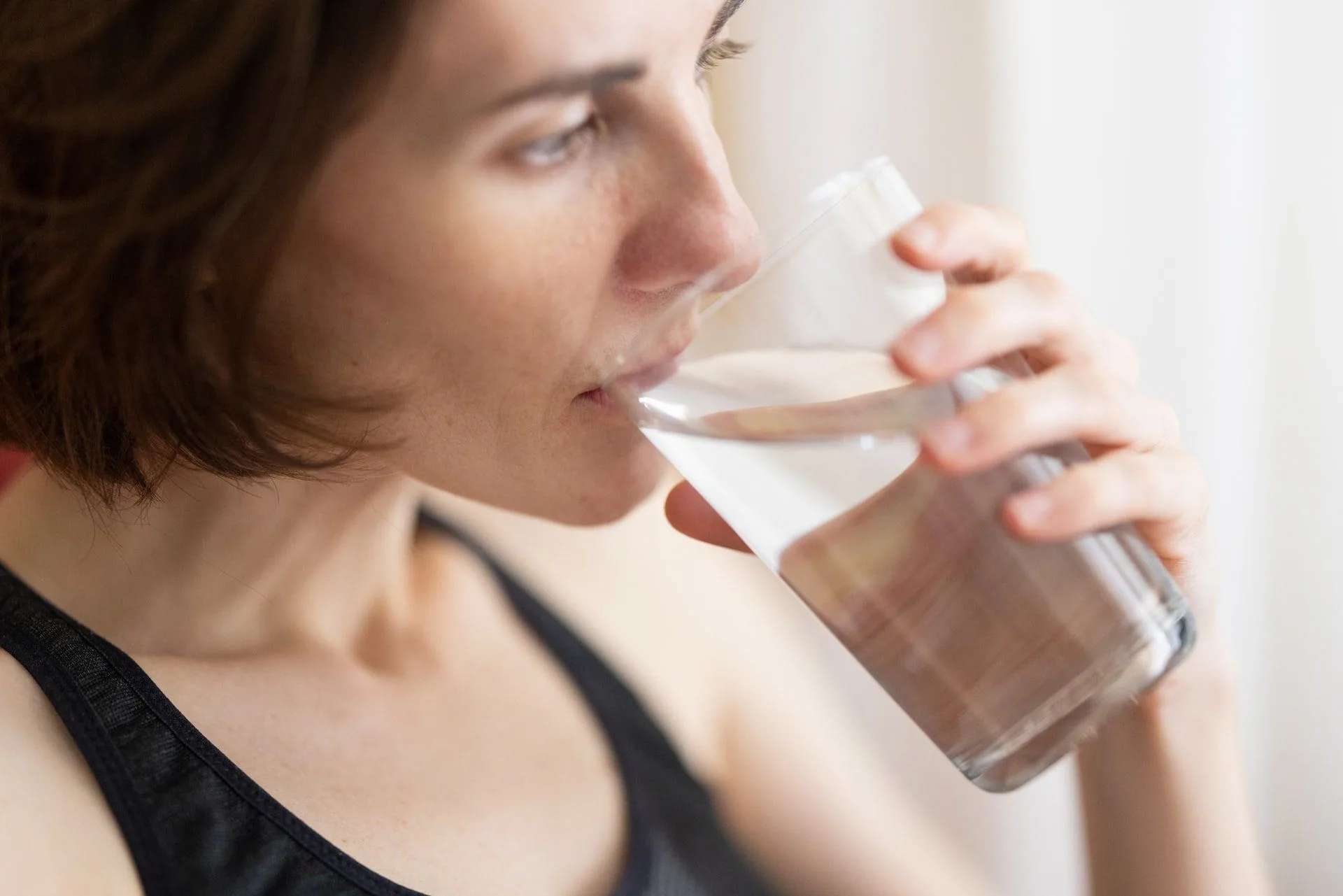
Want to know more?
It’s the new year and many of us are looking to get healthier and lose some weight during the new year. It seems that coconut water might be the answer to your 2020 weight loss goals.
References
Liu, S. W., Lien, M. H., & Fenske, N. A. (2010). The effects of alcohol and drug abuse on the skin. Clinics in dermatology, 28(4), 391–399. https://doi.org/10.1016/j.clindermatol.2010.03.024



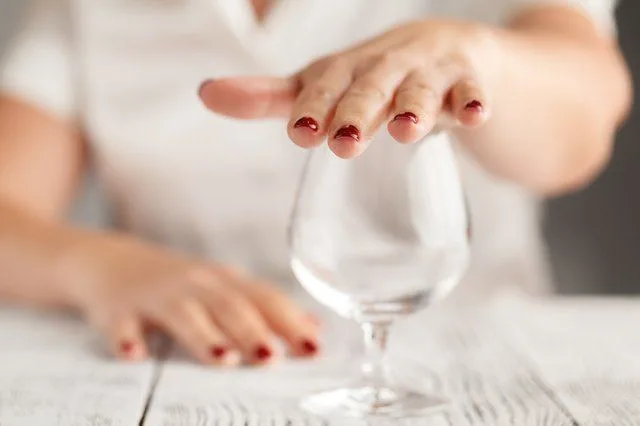
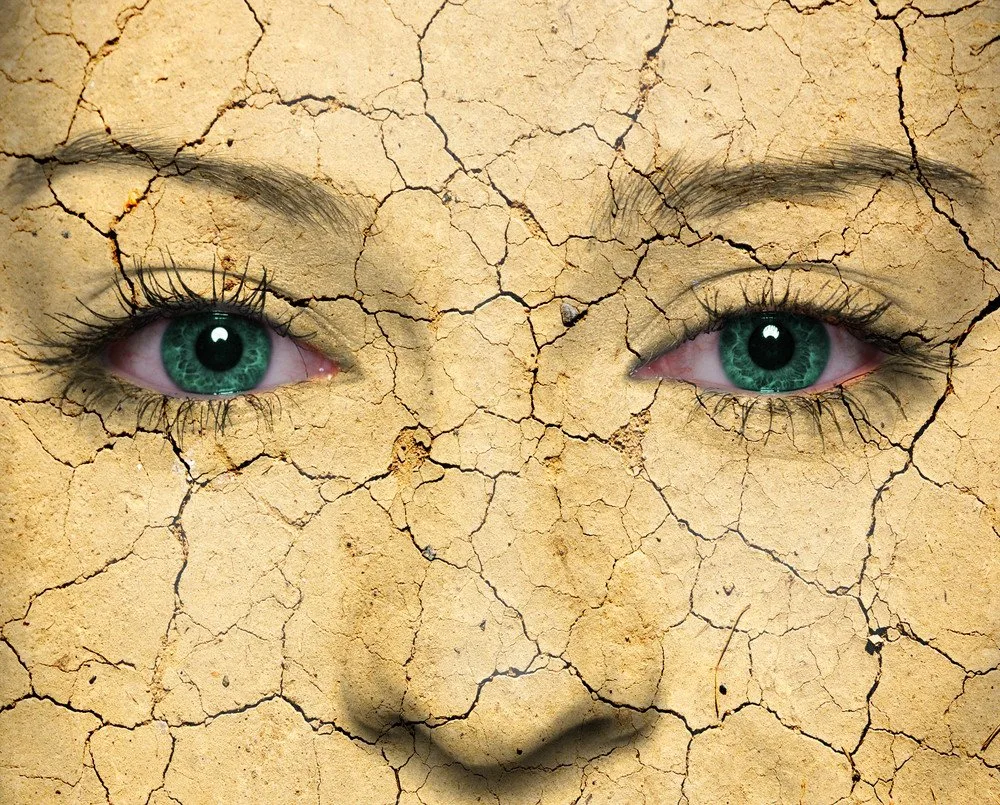


![women [longevity live]](https://longevitylive.com/wp-content/uploads/2020/01/photo-of-women-walking-down-the-street-1116984-100x100.jpg)





